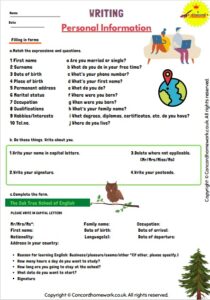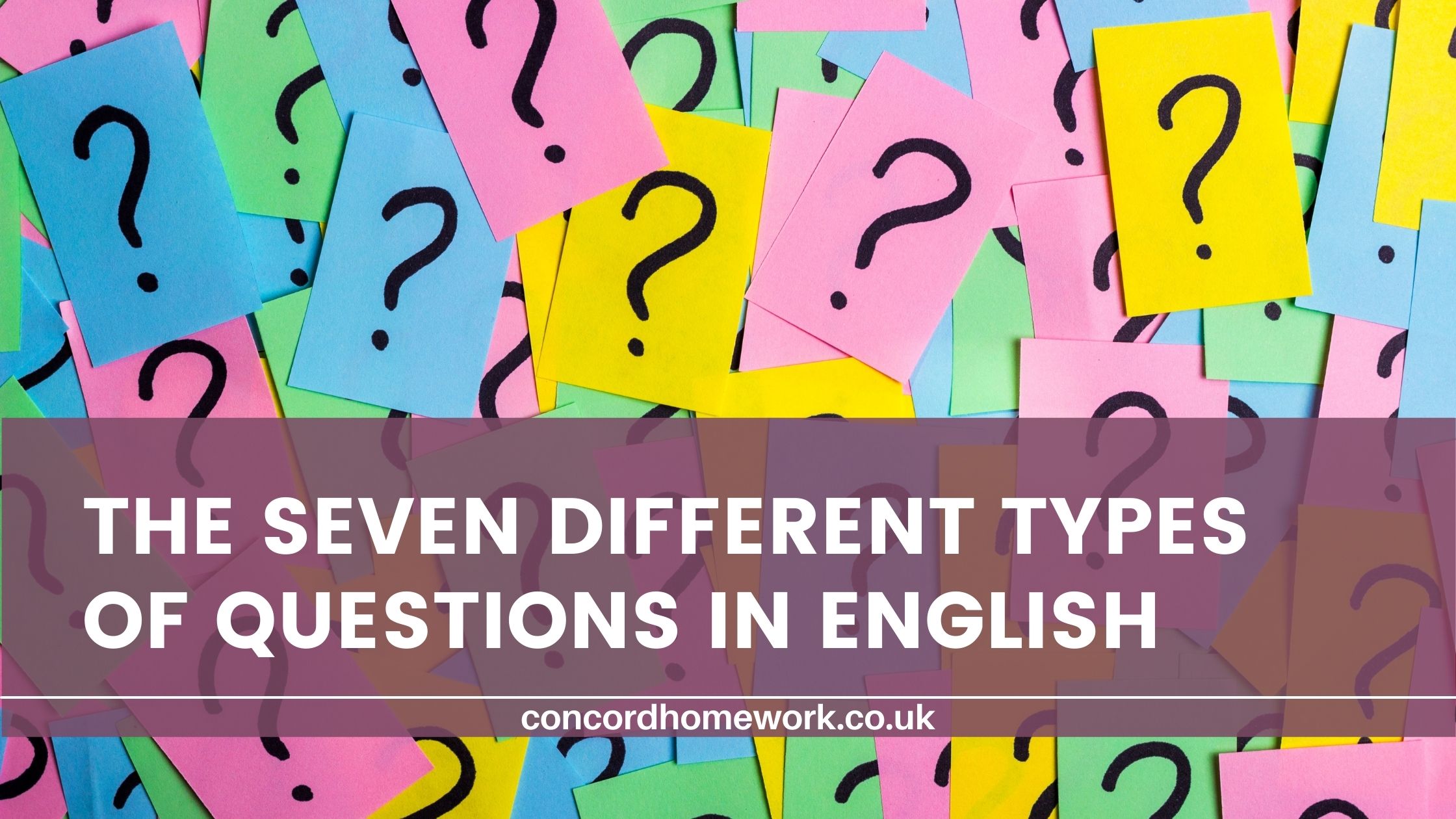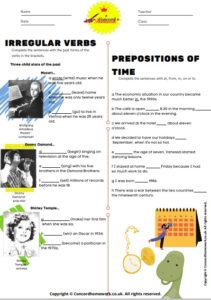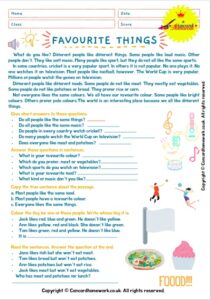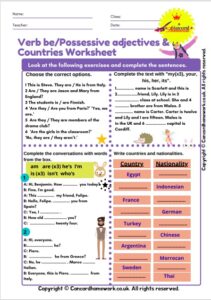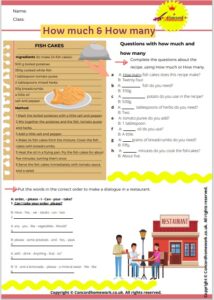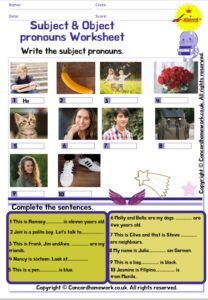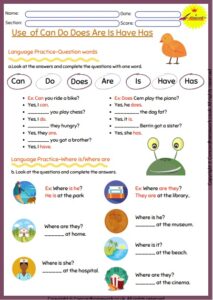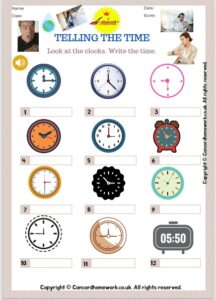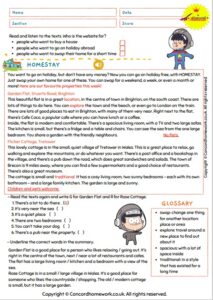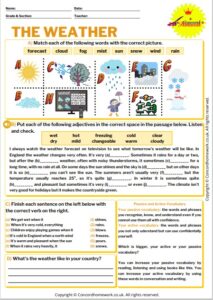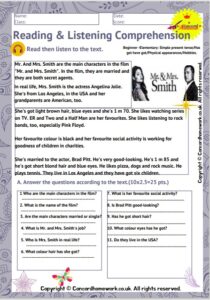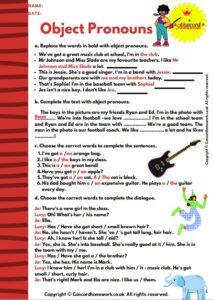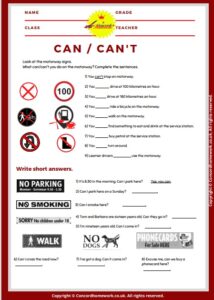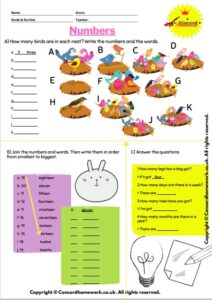Concordhomework.co.uk
Is cereal soup? Why or why not?
The 7 sifferent types of questions in English language
Questions are sentences that seek information of some kind. They are followed by a question mark (?) and they often involve the inversion of the subject and an auxiliary or modal verb, as in: Do you play the piano?
Did you pass the exam?
Have you written to him?
Didn’t you like it?
There are three main types of questions:
yes-no questions, wh-questions, and alternative questions.
1) Yes-no questions
Yes-no questions are designed to seek a reply in the affirmative or negative, whether the reply is just ‘yes’ or ‘no’ or whether this is amplified in some way, as in: Is the house occupied just now?
No.
Has the doctor arrived yet?
Yes. He’s just arrived.
Are we ready to begin?
Let’s get started. Yes.
2) Tag questions
Some yes-no questions are tag questions in which the questioning part is in the tag at the end of the sentence. The following are examples of tag questions, with the tags in bold: She’s a lawyer, isn’t she?
He’s not here yet, is he?
You won’t tell her, will you
3) Wh-questions
Wh-questions begin with a word beginning with wh, such as why, where, when, who, and what, as in: What do you want? Where did he go? When did you last see her? Who gave you that?
4) Alternative questions
Alternative questions require a reply that refers to the options given in the sentence. They contain the conjunction ‘or’. The following are examples of alternative questions: Did you come by bus or train? By train. Is the party on Friday or Saturday? It’s on Saturday. Is she younger or older than him She’s a few years younger.
5) Exclamatory questions
Exclamatory questions are sentences which have the structure of questions but which are actually used as exclamations and end with an exclamation mark. They are really seeking the listener’s agreement rather than seeking an answer. The following are examples of exclamatory questions: Wasn’t that a wonderful meal! Hasn’t she changed! Isn’t it a dreadful day!
6) Rhetorical questions
Rhetorical questions are also sentences that have the structure of questions and they end in a question mark. However, the speaker does not require an answer to these questions. The following are examples of rhetorical questions: Why should I care? Who does she think she is? How should I know?
7) Question by tone of voice
A yes-no question can have the structure of a statement, rather than a question, uttered in a questioning tone of voice and ending with a question mark. The following are examples of this: Anne told you I was going? Yes, she did. Tom has actually left her? He went today. Yes. The house is no longer for sale? No. It’s been sold.
Prepared By

Mr. Concord
English Language Blogger
